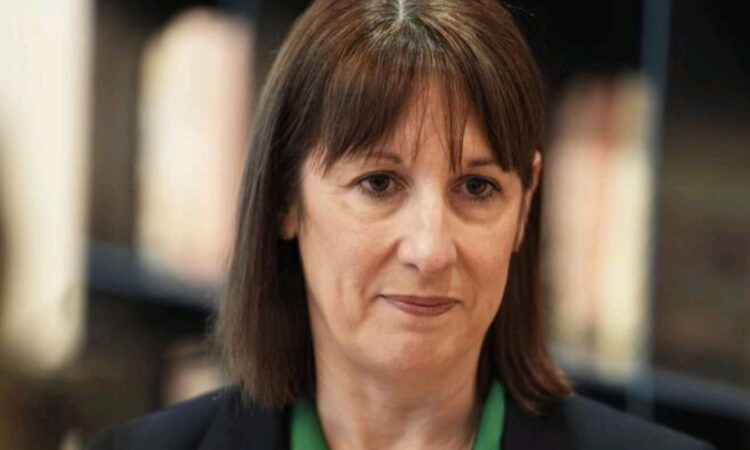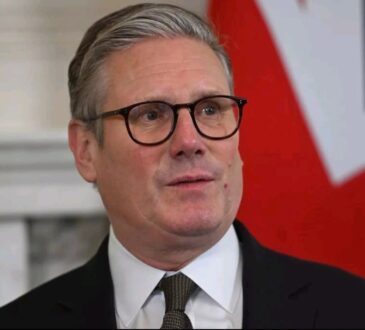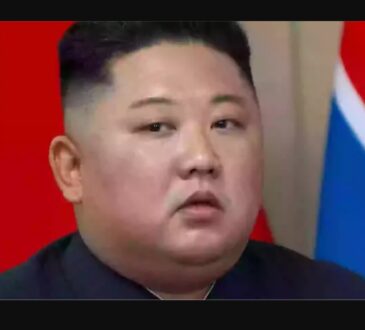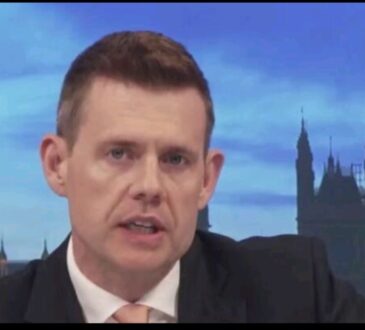
Chancellor Rachel Reeves’s decision to freeze income tax thresholds until 2028—and potentially extend the freeze to 2030—is set to push pensioners deeper into financial hardship, according to financial experts. The move, which breaks her previous promise to end the freeze, will drag millions of low-income pensioners into the tax system, forcing them to pay income tax on their state pensions for the first time.
The Pension and Lifetime Savings Association (PLSA) estimates that a single pensioner needs £14,400 a year to meet the “minimum” standard of living in retirement. However, this figure is outdated and does not account for rising living costs, mortgage or rent payments, or recent price hikes. In reality, pensioners need significantly more to cover their expenses.
The full new state pension, which will rise to £11,973 in April, falls £2,427 short of the PLSA’s minimum standard. For those on the basic state pension, the gap is even wider at £5,586. Even with pension credit, which tops up income to £11,343, pensioners still struggle to make ends meet.
The situation is set to worsen as the personal allowance—the amount individuals can earn before paying income tax—remains frozen at £12,570. If the allowance had risen with inflation, it would now be over £15,000 and approaching £20,000 by the end of the freeze. Instead, millions of pensioners are already being pushed over the threshold, and more will follow each year as the state pension increases under the triple lock.
Rob Morgan, chief investment analyst at Charles Stanley, warns that the state pension could exceed the personal allowance as early as next year, leaving pensioners liable to pay income tax on a small portion of their income. This would create an “administratively messy” situation, dragging unprecedented numbers of low-income pensioners into the tax system.
Morgan describes the policy as “odd,” arguing that such a low level of income should not be taxed at all. He suggests that Reeves should reconsider the freeze, either by raising the personal allowance for older people or for everyone. However, he acknowledges that this is unlikely, as it would conflict with the Chancellor’s efforts to increase tax revenue.
The freeze will have a devastating impact on pensioners already struggling to meet basic living standards. As the state pension continues to rise, more pensioners will be forced to pay income tax, further eroding their already insufficient income. This comes at a time when many pensioners are grappling with rising costs for essentials like food, energy, and housing.
The policy has been widely criticized as unfair and counterproductive, with experts warning that it will push pensioners deeper into poverty. Morgan’s call for a rethink highlights the growing concern over the financial pressures facing older people, but with the Chancellor focused on increasing tax revenue, there is little hope of relief for pensioners in the near future.





Hope you rot in hell reeves